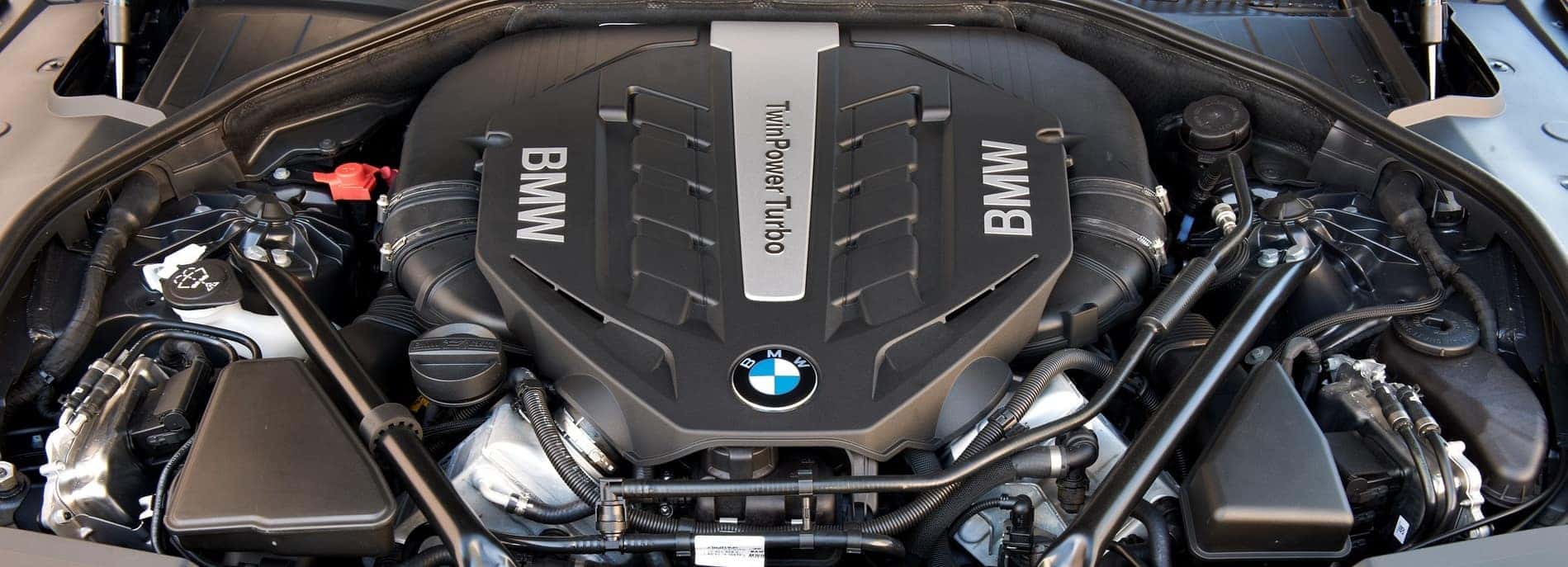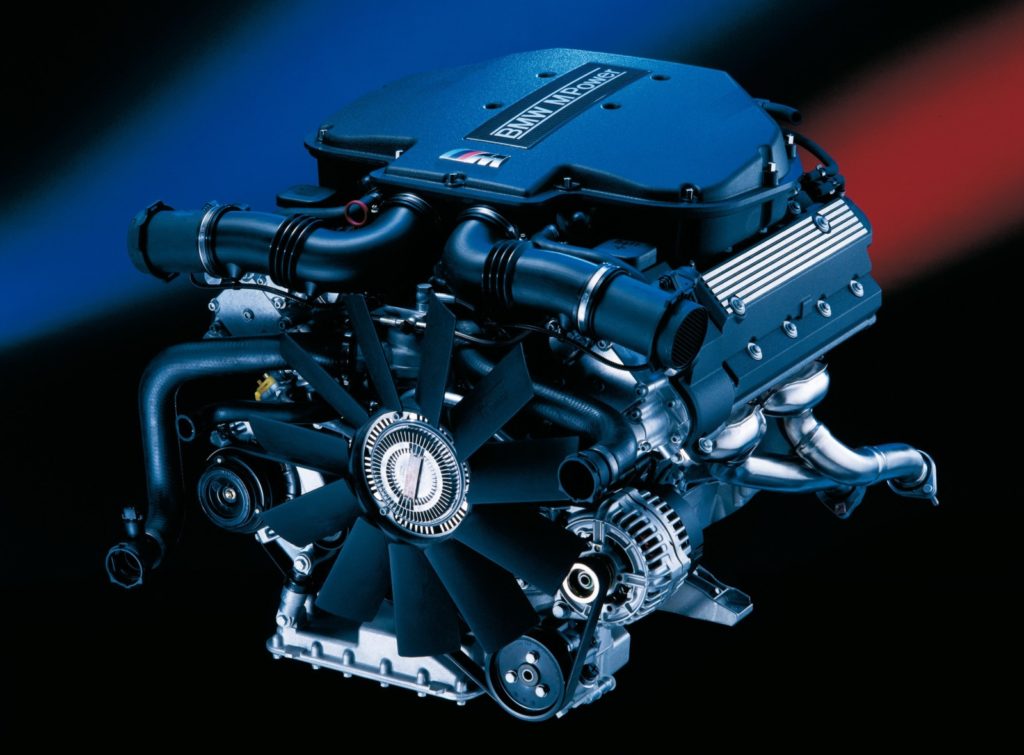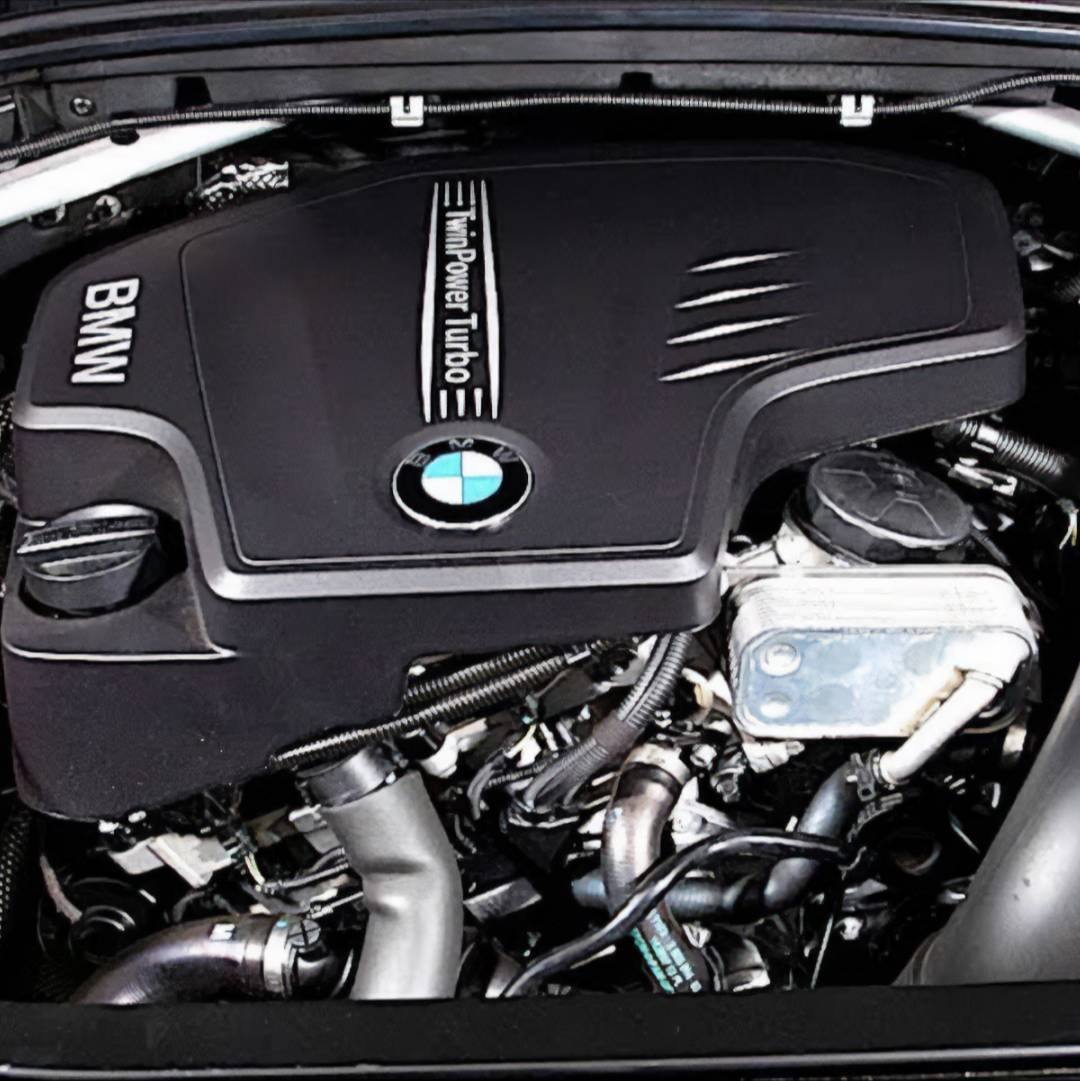Usual Issues Encountered by BMW Engine Owners and Exactly How to Address Them
Usual Issues Encountered by BMW Engine Owners and Exactly How to Address Them
Blog Article
Unveiling the Intricacies of Next-Generation Power Units: a Deep Dive Into Advanced Engine Technologies and styles
As we stand on the precipice of a new period in transportation, the complexities of next-generation engine layouts bid us to discover the cutting-edge innovations and advancements that promise to redefine the driving experience. Delving deeper right into the worlds of exhaust control, smart engine administration systems, and the horizon of power unit advancement, we discover ourselves on the cusp of an improvement that promises to reshape the landscape of mobility as we understand it.
Development of Engine Materials

The change towards advanced engine products has likewise made it possible for engineers to create engines with greater power outcomes while preserving fuel effectiveness criteria. The usage of lightweight materials minimizes the general weight of the engine, leading to boosted gas economic climate and reduced emissions. Furthermore, developments in products innovation have actually enabled much better thermal administration within engines, resulting in enhanced dependability and durability.
Turbocharging and Supercharging Technologies
Exactly How do Turbocharging and Supercharging Technologies change engine efficiency and efficiency in contemporary cars? Turbocharging and turbo charging are modern technologies that considerably boost engine efficiency by increasing the quantity of air consumption right into the burning chamber. Turbocharging accomplishes this by using a turbine driven by exhaust gases to pressurize the intake air, while supercharging uses a belt- or chain-driven compressor to attain the very same effect.
These innovations make it possible for smaller sized, a lot more fuel-efficient engines to produce power equal to bigger ones, known as downsizing. Forcibly more air into the cyndrical tubes, turbocharging and supercharging improve burning effectiveness, resulting in enhanced horse power and torque outcome without a substantial rise in engine size. This brings about far better velocity, pulling capability, and general driving efficiency.
Furthermore, supercharging and turbocharging contribute to improved fuel effectiveness by permitting the use of smaller sized engines that take in much less gas under typical driving problems - bmw engine. This mix of boosted efficiency and effectiveness has actually made turbocharging and supercharging integral elements of numerous modern-day engine styles
Emission Control and Environmental Effect
With boosting international concerns regarding air top quality and ecological sustainability, the execution of emission control innovations in lorries plays an essential role in lowering dangerous toxins launched into the atmosphere. Modern automobiles are outfitted with advanced emission control systems that assist decrease the ecological influence of vehicle operations. Catalytic converters, for example, are developed to transform harmful gases such as carbon monoxide, nitrogen oxides, and hydrocarbons right into less damaging substances like co2 and water vapor.
Moreover, advancements in engine modern technology, such as the integration of exhaust gas recirculation systems and discerning catalytic decrease, have substantially contributed to lowering discharges. These modern technologies function in tandem to optimize combustion performance and minimize the launch of harmful toxins right into the air. In addition, the growth of hybrid and electrical cars represents a vital action towards decreasing the general ecological footprint of the transport industry.
Intelligent Engine Administration Systems

Furthermore, these systems enable vehicles to meet rigorous discharges requirements without endangering efficiency, giving a more ecologically friendly driving experience. The assimilation of expert system and click resources artificial intelligence capabilities in engine monitoring systems continues to press the limits of what is feasible, leading to additional enhancements in efficiency, reliability, and total car efficiency. bmw engine. As automobile modern technology advances, smart engine management systems will certainly play a crucial role in shaping the future of transport in the direction of an extra reliable and lasting instructions
Future Trends in Power Unit Growth
As smart engine administration systems lead the way for improved control and optimization in contemporary lorries, future trends in power device development are poised to redefine the landscape of vehicle propulsion technologies. Among the vital trends driving development in power device development is the change in the direction of electrification. With a raising emphasis on sustainability and reducing carbon discharges, crossbreed and electrical powertrains are ending up being much more common in the automotive sector. These alternative power resources provide improved effectiveness and efficiency while lining up with rigid environmental regulations.
An additional substantial pattern is the assimilation of sophisticated materials and manufacturing techniques. Light-weight products such as carbon fiber and aluminum are being used to decrease overall automobile weight, enhancing gas effectiveness and efficiency. In addition, improvements in 3D printing and additive production are allowing the manufacturing of intricate engine components with higher precision and longevity.
In addition, synthetic intelligence and equipment knowing are playing an important role in maximizing power system performance. These innovations permit real-time tracking and adaptive control, causing more efficient and reliable power distribution. Generally, future patterns in power system development are geared in the direction of efficiency, sustainability, and efficiency, driving the vehicle industry towards a brand-new period of propulsion modern technologies.

Conclusion
In verdict, the innovations in engine materials, turbocharging, emission control, and smart monitoring systems have actually paved the way for next-generation power devices. These developments have not just enhanced efficiency and efficiency but additionally decreased environmental influence. As modern technology remains to develop, future patterns in power device development are most likely to concentrate on further enhancing sustainability and enhancing power outcome. The elaborate styles and advancements in modern engines showcase the continuous advancement of automobile technology.
Exploring the modern advancements in engine materials has actually been pivotal in enhancing the performance and performance of modern engines. Over the years, the advancement of engine materials has played an essential role in pushing the borders of what engines can achieve.The change in the direction of advanced engine products has actually also allowed engineers to design engines with higher power results while preserving fuel performance standards.The application of smart engine monitoring systems in modern-day vehicles has changed the method engines are managed see it here and enhanced for performance and More Info efficiency. By gathering information in real-time and evaluating it with advanced algorithms, intelligent engine monitoring systems can adapt to driving styles, environmental variables, and engine health to take full advantage of power result while lessening gas consumption and discharges.
Report this page